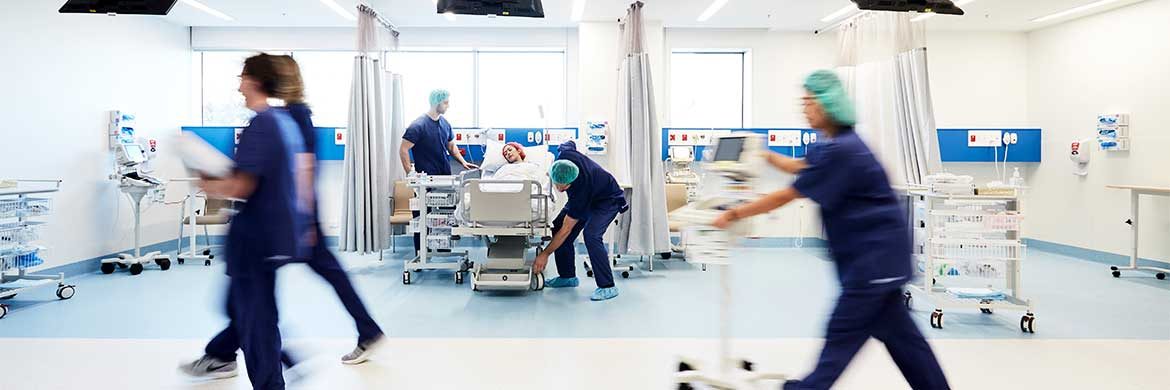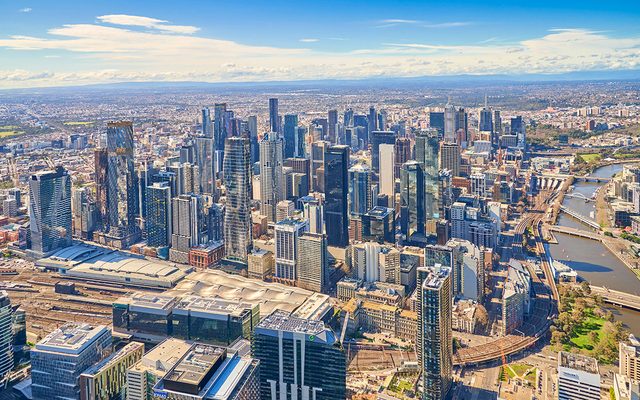This article is from the Australian Property Journal archive
AFTER rejecting giants BGH-AustralianSuper Consortium’s $4.11 billion and Brookfield’s $4.35 billion offers, Healthscope is proposing to spin its hospitals into a new $1 billion unlisted property trust.
Healthscope has concluded a strategic review of its 45 hospitals and concluded that it will sell the properties into an unlisted trust, which Healthscope will own a majority interest and a new co-investor will hold up to 49%.
Healthscope’s chairman Paula Dwyer said by retaining a controlling interest, this approach preserves its operational flexibility and the ability to invest in brownfield projects and at the same time, unlocks substantial capital which will be used to fund future growth opportunities.
“The board has concluded that implementing the proposed approach will generate attractive value for Healthscope shareholders. Importantly, it will preserve Healthscope’s control and management rights over our hospitals, as well as our operating flexibility to continue to deliver on their growth potential,” she added.
The properties and operating businesses generate approximately 65% of Healthscope’s FY18 Hospital Operating EBITDA. It is anticipated that the property trust will receive rental payments from Healthscope of approximately $80 to $90 million in the first year.
Healthscope will now commence a competitive process to select a preferred co-investor. This process is expected to be completed during FY19.
Healthscope is expecting to attract significant interest. A JLL report released last month said the capital flight to alternative assets such as medical and healthcare will continue to gain pace because there are not enough core assets to satisfy demand.
JLL estimates that the rate of capital flowing into Australia will grow by in excess of 7.5% p.a., in comparison core real estate investment stock will only increase by 4-5% p.a.
The two rejected bids from the BGH-AustralianSuper Consortium and Canada’s Brookfield, shows there is at least $8.46 billion of capital currently chasing medical and healthcare assets.
Investors are turning to the healthcare assets for sustainable returns as Australia’s ageing population continues to grow. Last year office landlord Dexus made a foray into the sector with a $760 million unlisted fund, The Australian Healthcare Property Fund.
Earlier this year Australian Unity’s Healthcare Property Trust secured an additional $350 million in funding to fund its development pipeline.
Meanwhile Healthscope reported a fall in statutory NPAT to $89.4 million in FY18, down 19.4% from $110.9 million in FY17. The result was impacted by non-operating expenses of $75.4 million.
Group revenue was up 3.7% to $2,340.8 million, driven by hospitals revenue which rose 4.3% to $2,100.6 million. Healthscope announced a final unfranked dividend of 3.5 cents bringing the total dividend for the year to 6.7 cents, down slightly from 7 cents in FY17.
CEO Gordon Ballantyne, said FY18 was a year of transition for Healthscope.
“We have made significant progress on a number of fronts to reset the business for improved operating performance and growth.
“We have successfully divested our medical centres and Asian pathology businesses and made the difficult but necessary decision to close underperforming hospitals. At the same time, we have continued to invest in growth, with five new hospital developments opened this year and stage two of Knox Private Hospital approved in August,” he added.
Healthscope is targeting FY19 Hospital Operating EBITDA growth of at least 10% compared with FY18.
Australian Property Journal




